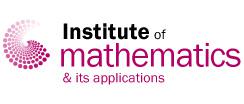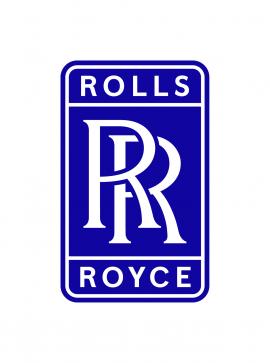Maths career profiles
Career profiles, interviews and video clips of mathematicians and people who use mathematics as part of their day-to-day roles. The collection includes resources from the Department for Education, the NCETM, the Institute of mathematics and its applications (IMA), STEM Ambassadors and more.
From game design to cryptography to cancer research, this collection lets student see where mathematics can take them.
See Where They Can Take You
Developed with funding from the Department for Education, these video clips show interviews with young professionals working in science, technology, engineering and maths (STEM) sectors.
iCould careers collection
The iCould careers collection provides invaluable insight into what is possible in work and offers different ways for students to think about careers. The collection hosts short career videos, showcasing real-life storytellers and providing an inside view of their current job and a personal account of how they got there.
Mathematics Matters
The Mathematics Matters case studies have been written to explore the contemporary mathematics research that affects the daily lives of a very large number of people worldwide, yet most remain in almost total ignorance of this fact.
The case studies aim to give examples of contemporary research and describe the mathematics, without resorting to technical detail but also without over-simplification. They can be used by teachers to guide their students or shared directly with students to influence their future choices and careers using mathematics.
IMA MathsCareers: Career profiles
A collection of profiles of individuals who work in mathematics based careers. Roles discussed include mathematics teachers, software engineers, researchers, statisticians, accountants and many more. Includes discussion of what paths individuals took to their current roles as well as how they utilise mathematics as part of their job.
IMA maths careers resources
Six mathematical career case studies from the Institute of Mathematics and its Applications. Careers include Operational Research, change attribution scientist, and Marketing and customer insight specialist.
Career Case Studies
A set of case studies profiling the careers of a selection of STEM Ambassadors. The case studies illustrate the ways different jobs require an understanding of STEM and also the routes into a range of careers.
Furthermaths: Career profiles
Three short interviews with people whose careers benefitted from their study of further mathematics. Jobs included are materials application engineer, meteorology department member, and control engineer.
Mathematics and Cryptography at GCHQ
Mathematicians at GCHQ work in a wide range of fields, using a variety of techniques across many disciplines to solve complex real-world problems. This resource consists of audio accounts of life at GCHQ in a mathematical role. Transcripts are available to download. Careers include mathematician, cryptographer, and crypto math researcher.
Plus Careers Library
Collection of interviews with people who use mathematics in their jobs. Career choices include space scientist, biomedical engineer, business analyst and many more. Related links are included at the end of the interviews.
Where STEM Can Take You
Produced by Rolls-Royce, this series of case studies illustrates the wide range of career opportunities that are opened up for students with skills in science, technology, engineering or mathematics. They can be used to give careers advice and guidance to students as well as to illustrate the curriculum principles they cover.
NCETM: Maths in work
Maths in Work was designed to offer glimpses of the real world of work via video clips, to help students appreciate not only the relevance of mathematics but its importance in every day life. The clips feature the people who are actually ‘doing the job’ and explain some of the maths processes that they are involved with on a daily basis. There is a brief synopsis of each clip which identifies the maths topics covered, and all clips end with the simple question, “What mathematics would be involved in the work you have just watched?”





